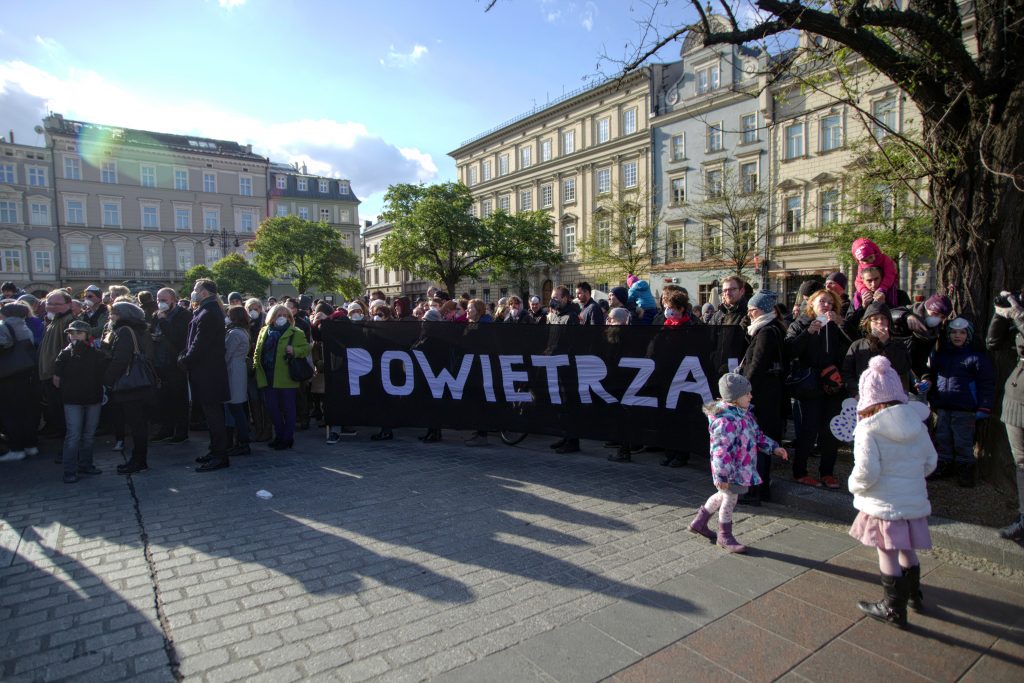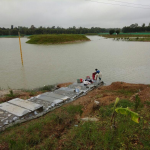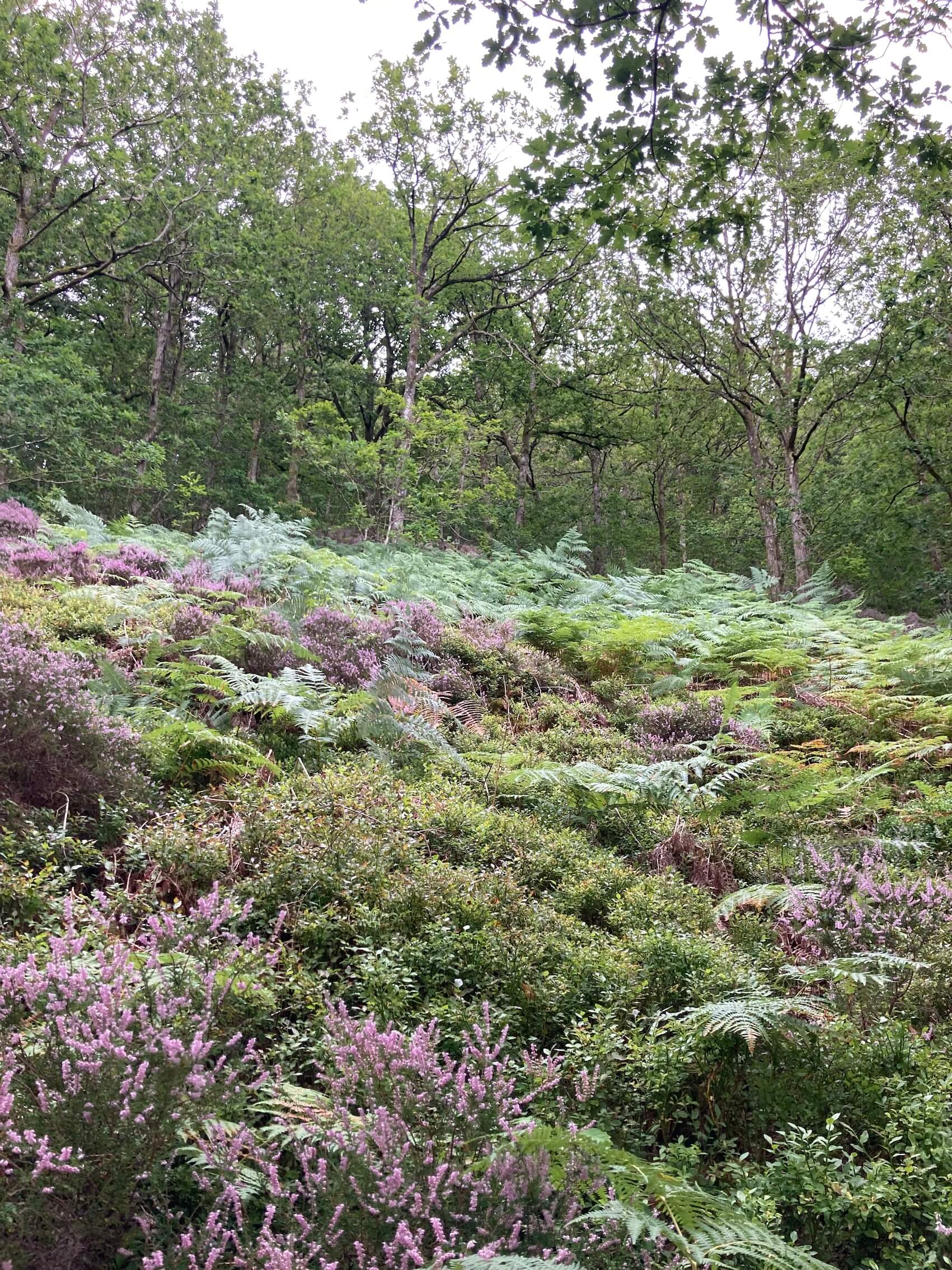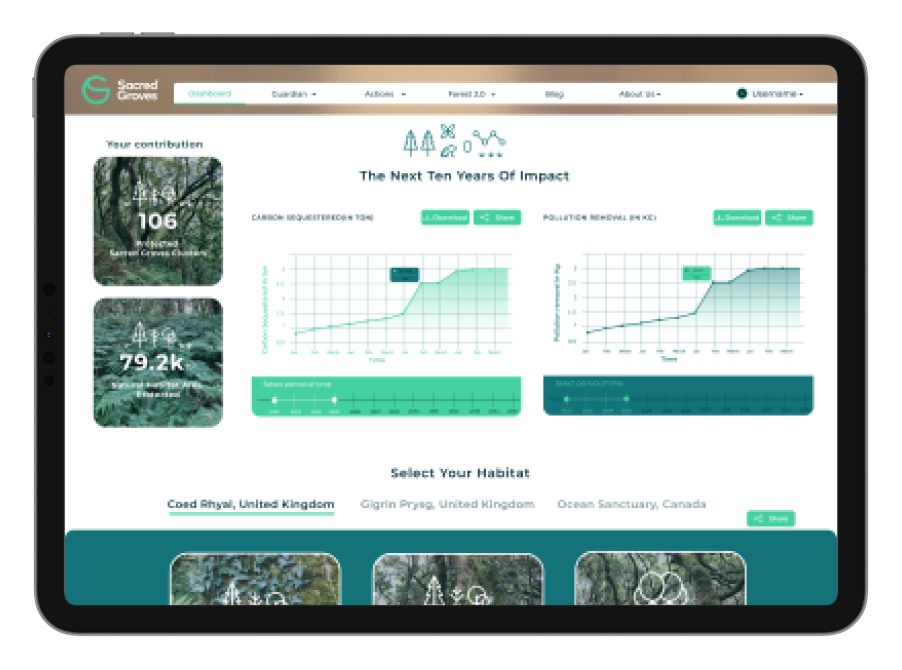A technology company in Krakow has rolled out its hyper-local air sensors to help people understand the levels of air pollution in their cities.
When university friends Wiktor Warchałowski, Aleksander Konior and Michał Misiek were training for a marathon in the Polish city of Krakow in 2016, they were stopped in their tracks by the thick smog produced by large numbers of coal-burning stoves in the city and its surroundings. They had no way to tell when the air was at its dirtiest or where to go to find a cleaner place to exercise, so being technically minded, they set about developing a small but sensitive air sensor.
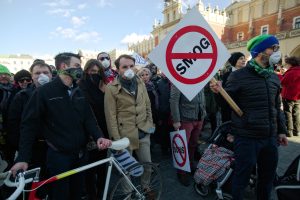
And not a moment too soon: Poland has some of the worst air in Europe; its dependence on coal-fired power, which accounted for 74 per cent of the country’s electricity last year, is largely to blame. Toxic air has been particularly problematic in Krakow due to the city’s topography: it is situated in a valley where smog tends to pool during the long winter months.
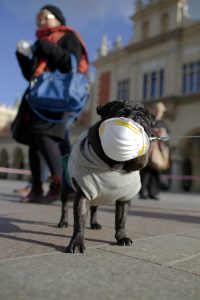
Today, their company Airly sells affordable, hyper-local sensors to city halls and local communities across the globe. These smart sensors track all the key pollution markers, such as particulate matter and levels of nitrogen dioxide and feed this information into an online map. This is accessed through the company’s free app, which has had more than a million downloads. The readings are much more detailed and easily accessible than most cities’ reference stations, the latter rarely providing real-time data. “Tracking and understanding the factors that cause air pollution in a specific location gives communities essential material for successful campaigns for better air,” says Warchałowski. “Locals empowered with this information can cite hard facts in a discussion with local authorities.”
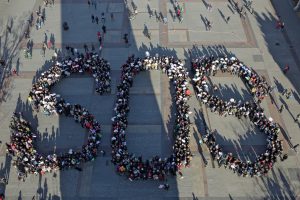
Air pollution has emerged as the fourth-leading risk factor for deaths worldwide, with exposure to polluted air increasing the risk of stroke, dementia, heart disease, lung cancer and chronic respiratory diseases. Airly is just one of several initiatives started by young people in the Polish city, who were tired of living with smog and frustrated with the slow pace of change. Grassroots NGO Krakow Smog Alert, for instance, is now a country-wide network that promotes anti-pollution measures. After much vociferous campaigning from residents armed with Airly’s data, Krakow agreed to ban the burning of coal and wood, is now phasing out its coal and wood-burning boilers and giving grants so residents can install cleaner, cost-efficient heaters.
The company has gone from strength to strength, its sensors helping campaigners to hold their governments to account in 400 cities, including Bucharest, which has some of the dirtiest air in Europe, Berlin, Jakarta, Rome and Oslo; though the project is limited to cities with smartphone saturation. Recently, the company raised USD $2 million from angel investors, including the daughter of Richard Branson, Holly, founder of Big Change Charity.
“Measuring air quality is the first step to pollution-free cities,” says Warchałowski. “People can point out the sources of pollution, plan corrective actions and citizens can plan their outdoor activities.” With Airly’s real-time data in their toolbox, cities everywhere can finally begin cleaning up their acts.
Author: Sonia Zhuravlyova, The India Story Agency for Sacred Groves
Did you enjoy this article?
Share with friends to inspire positive action.
